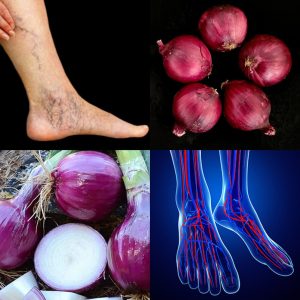Why Choose Healthier Cooking Oils?
Affordable oils like canola, corn, and vegetable oil are widely available, but they may not be the best choice for health, especially when used frequently or at high temperatures. These oils, while convenient, come with certain risks that can affect long-term wellness. Understanding the downsides of these oils can help you make better choices in the kitchen.
Omega-6 Imbalance and Inflammation
Canola, corn, and vegetable oils are high in omega-6 fatty acids, an essential fat that can promote inflammation if consumed in excess. The typical Western diet already includes a high amount of omega-6, which can create an imbalance with omega-3 fatty acids, leading to issues like heart disease, obesity, and other inflammatory conditions. Choosing oils with a better balance can help support a healthier lifestyle.
The Dangers of Refining and Processing
These oils undergo extensive refining, which includes exposure to high heat and chemical solvents like hexane. This process strips away natural nutrients and antioxidants, leaving a more refined, less nutritious product. Additionally, during high-heat cooking, these oils often release harmful compounds like free radicals and acrolein, which can pose health risks and compromise the flavor of your food.
Healthier Oil Alternatives for Cooking
For a healthier cooking experience, consider options like extra virgin olive oil, coconut oil, avocado oil, or ghee, each of which is more stable at higher temperatures. These alternatives are less processed and rich in beneficial fats and antioxidants, making them a smart choice for supporting overall wellness. Switching to these oils can be a simple yet impactful step toward a healthier diet.





